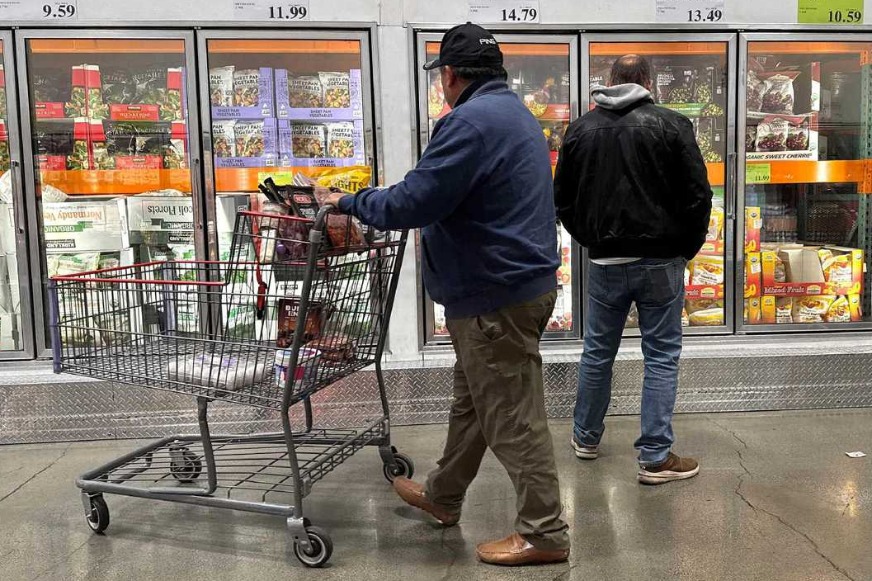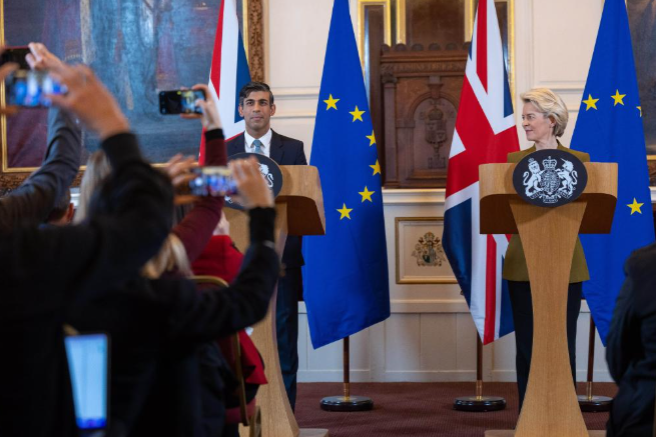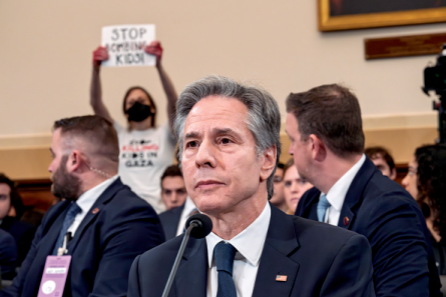Inflation increases against backdrop of higher tariffs

Inflation in the US crept up in November, posing a challenge for the Federal Reserve in its efforts to continue trimming interest rates, while President-elect Donald Trump floated expanded tariffs.
In the 12 months through November, the Consumer Price Index — as reported on Wednesday by the US Department of Labor's Bureau of Labor Statistics, or BLS — rose 2.7 percent, the most in seven months. The Federal Reserve is still expected to cut interest rates for the third time in a row next week.
Trump generally favors lower interest rates, which can stoke demand and lead to an overheated economy, with an accompanying increase in inflation.
He also has proposed tariffs of 60 percent or higher on all imports from China, and more recently 25 percent on Canada and Mexico.
Canada's central bank lowered its key interest rate by a half-percentage point on Wednesday amid the tariff threats directed at the country and Mexico over securing their borders with the United States.
"The possibility the incoming US administration will impose new tariffs on Canadian exports to the United States has increased uncertainty and clouded the economic outlook," the bank's statement said.
In an interview that aired on NBC on Sunday, Trump said that he could not "guarantee" consumer prices wouldn't rise under his proposed tariffs.
Diane Swonk, chief economist at KPMG Economics, told The Wall Street Journal that consumers appear to be buying big-ticket items such as cars in anticipation of price increases fueled by tariffs.
"Something like that never would have happened pre-pandemic, and the fact that we saw it is just a red flag for the Fed to watch out for," she said.
Economists at Goldman Sachs have forecast that core inflation will amount to 2.7 percent by the end of 2025. Without tariffs, they estimated an increase of 2.4 percent.
US President Joe Biden, in a speech at the Brookings Institution in Washington on Tuesday, said of Trump's tariff proposals: "He seems determined to impose steep, universal tariffs on all imported goods brought into this country on the mistaken belief that foreign countries will bear the cost of those tariffs, rather than the American consumer."
Biden, however, has kept in place the tariffs that Trump rolled out in 2018 during his first term. Earlier this year, Biden raised tariffs on Chinese imports such as electric vehicles to 100 percent and EV batteries to 25 percent.
Wendy Cutler, vice-president of the Asia Society Policy Institute, said removing tariffs is much more difficult than imposing them, partly due to domestic industries benefiting from them and resisting their removal.
"If Trump goes ahead, let's just say on day one, and announces tariff hikes of 60 percent … these would be added tariffs; this would be added to the current, whatever, 25 percent tariff," she said on Tuesday in remarks at the third annual Big Data China conference hosted by the Center for Strategic and International Studies.
"With these added tariffs, it just makes the prospects to negotiate any deal with China … extremely, extremely difficult," said Cutler, a former trade negotiator.
Linda Deng in Seattle and agencies contributed to this story.
hengweili@chinadailyusa.com

































